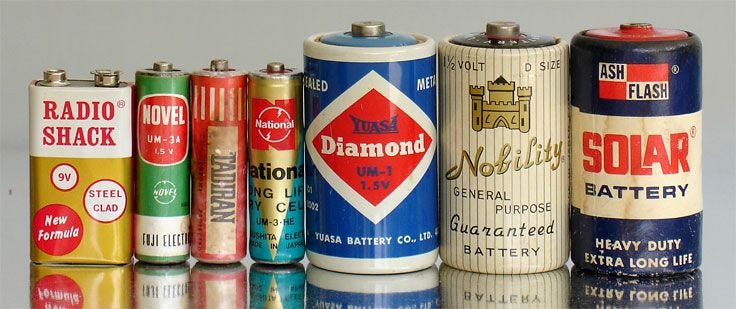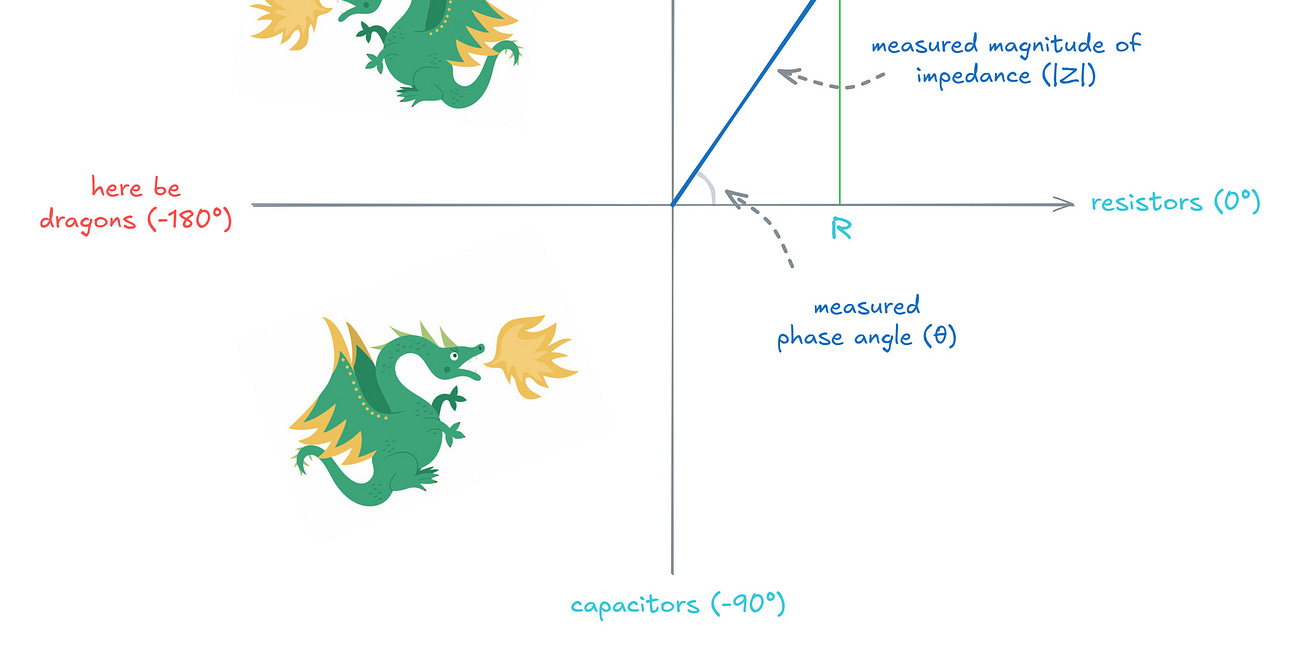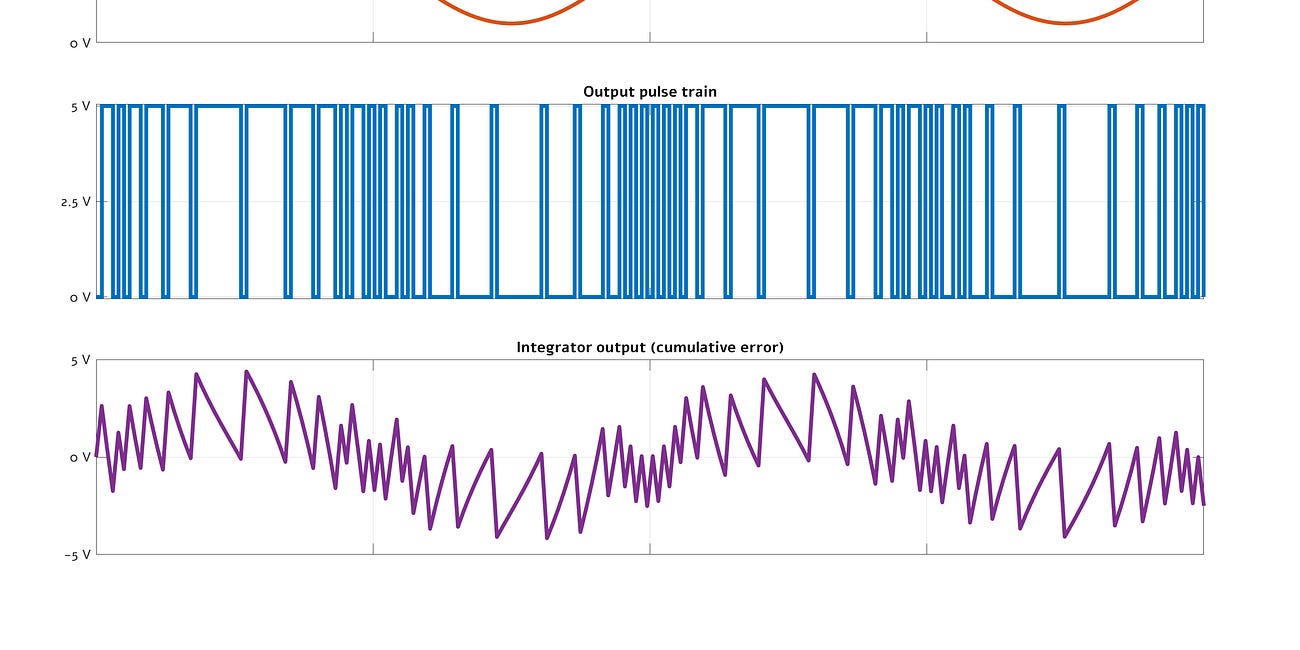Electronics curriculum
A major theme of this site is the exploration of foundational concepts in analog and digital electronics. I try to write for the inquiring minds: I develop concepts from first principles and explain them in a way that doesn’t require advanced knowledge of physics or math.
The discoverability of older content on Substack isn’t great, so if it’s up your alley, I put together the following reading list.
But good sir, what is electricity?
The absolute basics: what is the flow of electricity, and why do some materials conduct better than others?
Setting up an electronics workshop
How to set up a competent hobby workshop without getting sucked into the sketchy universe of online product reviews.
Primer: core concepts in electronic circuits
A detailed discussion of core concepts in circuit dynamics, from voltage to an intuitive derivation of formulas that describe the behavior of capacitors and inductors.
Core concepts #2: impedance is complex
How do various types of impedance interact with each other, and how come we can model this in 2D?
How do transistors work, anyway?
Transistors are ubiquitous yet mystifying, in part because their behavior can't be explained by simple hydraulic analogies. This article offers an approachable introduction to the physics of semiconductor junctions and the way we string them together.
Signal reflections in electronic circuits
What are signal reflections, really? Is it an "echo", or something more nuanced than that? Oh: while we're at it, let's measure the speed of electricity.
Radios, how do they work?
Radio communications play a key role in modern electronics, but to a hobbyist, the underlying theory is hard to parse. This article tries to offer a more intuitive model of antennas, superheterodyne receivers, and more.
The basics of signal amplification
How do you amplify signals? The article starts with definitions, progresses to simple transistor circuits, and then offers a supremely intuitive model of modern op-amps.
The 101 of analog signal filtering
A look at passive RC filters, including an accessible explanation of the underlying math. Not just a collection of formulas: we derive these formulas from first principles.
Analog filters, part 2: let it ring
This followup article takes a look at higher-order and active filters, including the Sallen-Key topology. It also explains transfer functions to folks who don't remember much of college-level math.
Building a decent microphone amplifier
How does one build a good microphone amplifier? An in-depth primer on electret microphone specs and transimpedance amplifiers.
DACs and ADCs, or there and back again
A deep dive into digital-to-analog and analog-to-digital conversions.
What's the deal with magnetic fields?
Yes, yes. Magnets, how do they work. But really: on a fundamental level, what's the relationship between magnetism and electricity?
This is just a short sampling of articles; for a complete list, check out this page. If you have suggestions or other feedback, please let me know! You can always reach me at lcamtuf@coredump.cx.
















